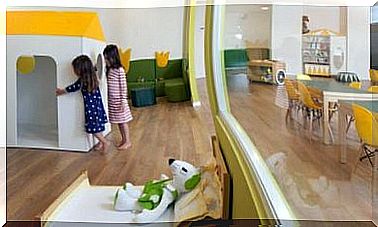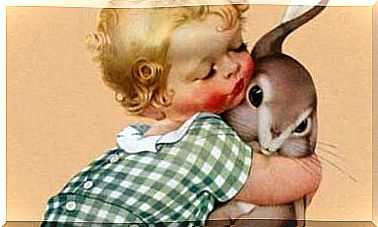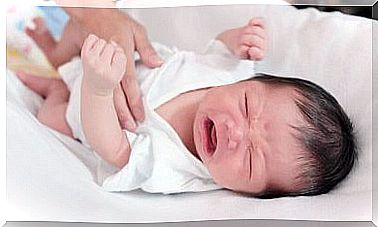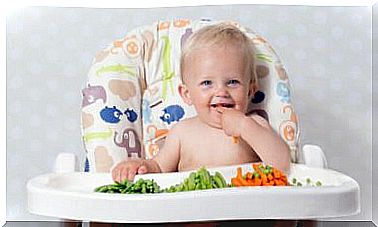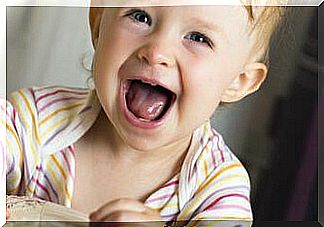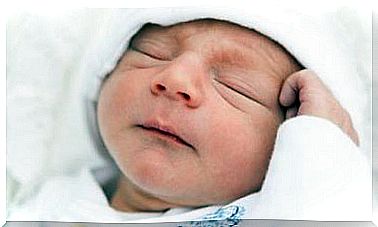How Do Children’s Hearing Develop?
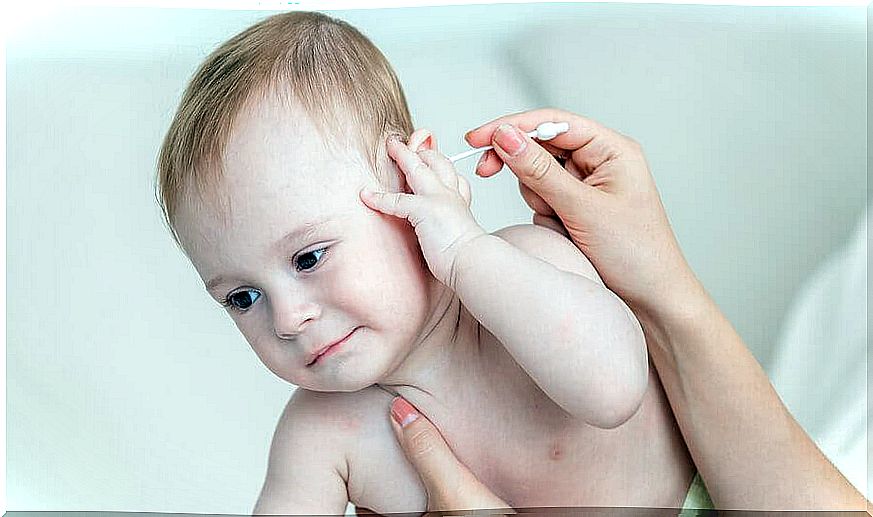
Hearing allows babies to experience sensations from the world around them. The sounds of their parents’ voices and nature connect them with the environment. These new sensations and feelings stimulate your development.
Long before birth, a baby can detect and respond to sounds inside the uterus. At this stage, the fetus can hear the mother’s heartbeat and her voice, as well as perceive musical melodies.
Ears begin to form in the uterus after the first trimester and are perfectly developed when babies are born. Therefore, the little ones are ready to start listening to everything that surrounds them from the moment they arrive in the world. However, your brain still cannot interpret the meaning of words or sounds.
Interactions with the environment materialize when, as they grow, babies begin to shift their attention to any impacting sound. Likewise, even when they are still unable to formulate words, they begin to observe and listen to their elders with more interest.
These are clear signs that children’s hearing is developing properly. This allows them to get a lot of information about their surroundings. Therefore, it is a key factor in language development and brain stimulation.
Thus, it is important to identify and treat any hearing problems in young children immediately.
How do children’s hearing develop?
Parents must be aware of each of the phases of the baby’s growth. It is possible to follow his development comparing with the average of other children at the same stage. See what the most common behaviors are at each step.
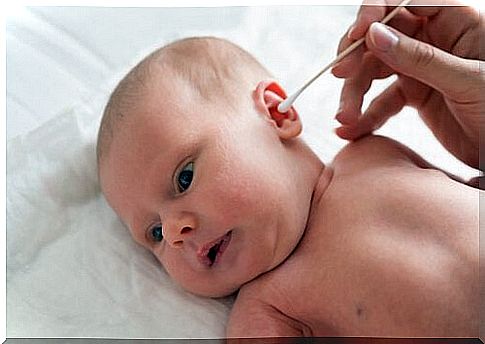
From 0 to 3 months
- Baby soothes and relaxes with soft, harmonic sounds.
- It gets exalted by loud voices or screams.
- Recognizes the mother’s voice and shows joy in listening.
- You get scared with loud noises.
- Shakes arms when a sound is pleasant.
Between 3 and 6 months
- Keep track of new voices or sounds.
- He starts watching his lips when someone talks to him.
- Reacts to tone of voice.
- Try to make sounds.
- Imitates adults through the voice.
From 6 to 10 months
- The baby begins to respond to hearing your name.
- It reacts to stimuli when it hears being called from a specific place.
- Look at books or pictures that are shown to him.
- He babbles more often.
- Recognizes the names of the most common objects in your daily life and understands frequent words like “mommy”.
Between 10 and 15 months
- Starts uttering words instead of babbling.
- Understands instructions made with gestures only.
- Get entertained with clapping games.
- Point and observe people or things you want to reach.
Parental monitoring
Even though it is not easy to know if children’s hearing is developing properly, as each one has its own rhythm, it is necessary to be aware of the process. After all, the development of cognitive skills in language will depend on it.
If over time the child does not learn new words or babble, it is advisable to resort to medical tests such as audiometry to rule out any problems. If any disorder is diagnosed early enough, it can be corrected. If necessary, even the use of hearing aids can be implemented.
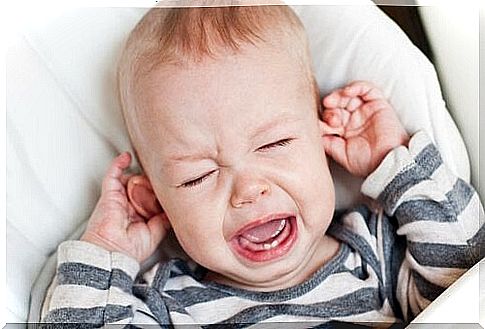
To prevent other illnesses that can affect hearing, babies should be protected from loud, prolonged sounds.
In addition, you need to be aware of possible signs of infection, such as scratching your ears frequently. Likewise, you should never put cotton swabs or other objects inside the ear canal, as the eardrum can be damaged.
How to Encourage Children’s Hearing
It is possible to help with auditory development by exposing the child to new sounds, music, readings and even conversations. This not only stimulates, but also allows the baby to learn new words that will be very helpful when she starts talking.
Other ways to encourage you to develop this sense are to describe objects, speak their names and colors aloud, describe the actions you take during the day, explain the origin of all the noises that catch your attention, etc. All of this will surely help the child to understand the world around him.
In conclusion, the proper development of children’s hearing plays an important role in their daily lives and guarantees fewer difficulties in the future. Even when some hearing problems cannot be avoided, adults must be careful to participate and correct as much as possible so that the little ones can develop in the best way.
